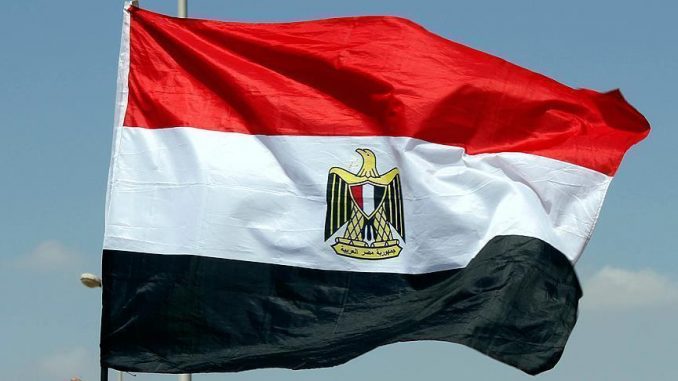The Egyptian Position on International Forces in Gaza: Tactical Shift or Strategic Vision?

Experts confirm that this Egyptian shift is not surprising; rather, it is the result of a careful assessment of the variables on the ground. After months of outright rejection of the idea of deploying any international forces in Gaza, the Egyptian stance began to change in early August when the Egyptian Foreign Minister announced at the Rafah crossing the country's openness to this idea.
This tactical shift - according to experts - comes in response to multiple factors, including the ongoing Israeli escalation, threats of displacement, international pressures on Egypt, in addition to the economic losses that Cairo bears due to the continuation of the war.
Despite this shift, Egypt has maintained the constants of its position, emphasizing that any deployment of international forces must be based on a resolution from the Security Council, and that the role of these forces should be limited to assisting the Palestinian Authority in building an independent state.
The Egyptian focus on a Security Council mandate comes from several considerations, the most important of which are granting international legitimacy to the forces, protecting them from Israeli assaults, ensuring international consensus, avoiding the use of the American veto, and protecting Egypt from direct military involvement.
Official statements and experts indicate that Egypt may participate in any potential international force, whether militarily, security-wise, or symbolically. This participation could range from sending observers or experts, to deploying forces to secure the Rafah crossing, or engineering units to contribute to reconstruction.
Egypt bases this position on its long experience in peacekeeping missions and its international reputation as a disciplined and efficient power, making its participation acceptable internationally and regionally.
Despite these steps, challenges remain significant. The success of any international force in Gaza depends on the availability of genuine international guarantees, clarity in tasks and powers, sustainable funding, and above all, a genuine political will to achieve a political solution.
The Egyptian shift towards conditional acceptance of deploying an international force in Gaza represents an attempt to deal with the changing reality on the ground while maintaining national and pan-Arab constants. Success in this difficult equation will depend on the ability of Egyptian diplomacy to achieve a balance between international pressures and Arab interests,